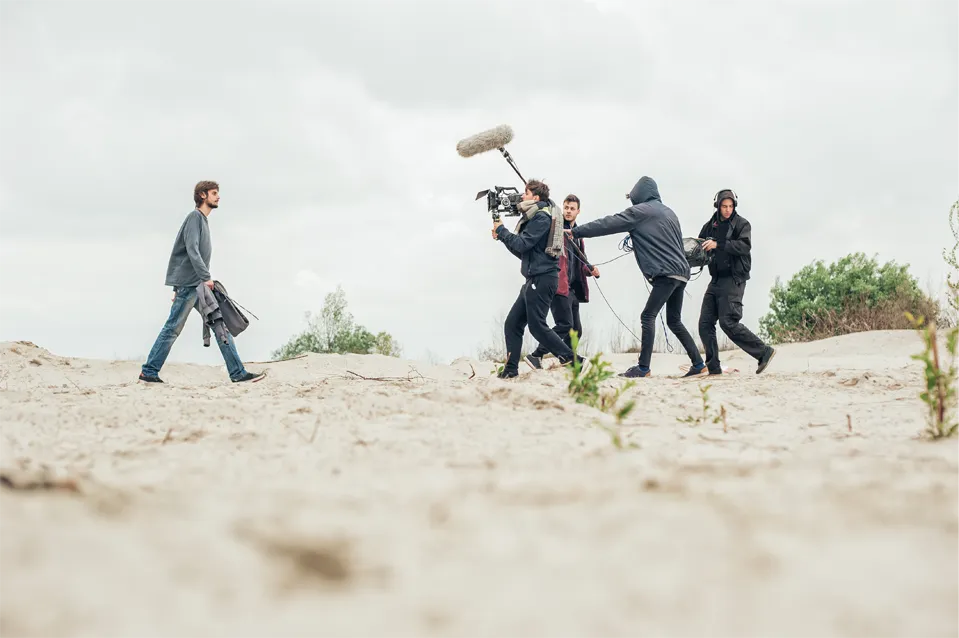- AccountingAccounting
Accounting
- InsuranceInsurance
Insurance
- LegalLegal
Legal
- News & ViewsNews & Views
Keep up to date with all the latest goings on within the film & media industry.
- About UsAbout Us
About us
- Contact UsContact Us
Contact Us
Reviewed and Cleared provides prompt legal clearance and compliance advice for all media formats on all media platforms.
Our people work with content creators to help them tell their stories, either free of legal risks or with legal risks properly managed, so that sound defences to claims are available.
Our people are expert, but approachable. They provide highly skilled advice in a down to earth way. They are robust and pragmatic, agile and incisive.
We believe in freedom of expression. And because we believe creators should be free to create, we do the heavy lifting behind the scenes.
And a whole lot more. Everything, really, that’s relevant to the content of a film or TV production, book, podcast, magazine, or newspaper story.
This is an Errors & Omissions report. It’ll be essential for insurance and distribution of your film. It entails a legal review of the content and other relevant issues, with an assessment made of any legal risks flowing from broadcast.
Fair dealing is a defence to a claim for copyright infringement. It may mean that you can use third party material, so long as you are within certain criteria, such as critiquing it or using it consistently with your narrative purpose. Reviewed and Cleared can advise on the minutiae of what is quite a technical defence.
No. The tort of defamation covers libel (publication in permanent form) and slander (the spoken word). UK law provides that televisual material is treated as publication in permanent form, and therefore susceptible to a claim for libel if it damages another person’s reputation.
In most cases, yes. People do not have a right to privacy if, say, they’re walking down a street. But filming notices and contributor consent remain best practice.
We’re not. Reviewed and Cleared has a remote working model and so are rates are user-friendly.
